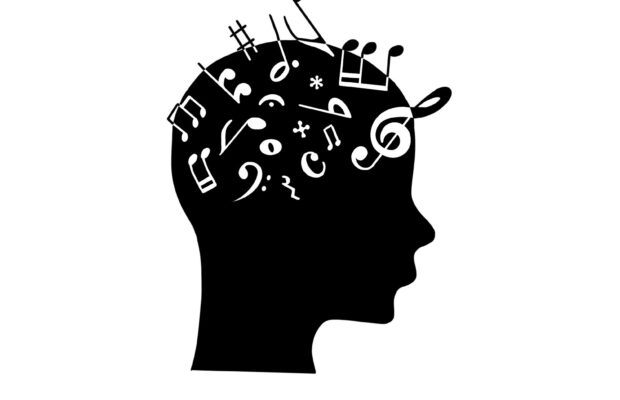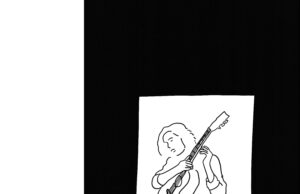Music enhances nearly every aspect of life

Music directly impacts and is essential to every phase and angle of existence. In Maslow’s Hierarchy of Needs, music is a factor of each level of the necessities to human life. The last tier, titled “Self-Actualization,” entails the psychological needs of creativity, acceptance and expressing the core of one’s being and music is an essential part of it. Through music, artists are able to share their life experiences with listeners, who in turn may resonate and gain a feeling of acceptance by a larger community.
Songs and lyrics provide a form of catharsis for artists who are able to cultivate their ideas and present them in a way that relieves the pressure of directly communicating with an audience. Music has the ability to build confidence while also validating the listener’s emotions. Self-esteem is necessary to cultivate individuality in a world where the large majority of people tend to conform to expectations that are put in place by the media and society. Different music genres appeal to a variety of audiences, allowing fans to relate with others around the world while also promoting diversity, as one’s music taste is unique to them.
Although everyone may not agree on what music is good or bad and even what constitutes music, it continues to create and strengthen relationships. For instance, music shows and concerts provide a physical setting for music fans who enjoy similar artists and genres to meet and enjoy live performances.
In the music industry, there are forms of employment ranging from the artist themself, to the staff working behind the scenes of a production. Because of the size and structure of the business, there is stability in the connections that can be formed. These may include the relationship between an artist and their producer and the friendships among artists, which create a web of opportunities.
Once connections are established, experience gained in one sub-aspect of the music industry can be helpful in transferring to another career within the business, and even outside of the business as music teachers or singing coaches, providing a form of job security. As the second tier of the pyramid, safety and security must be achieved before fulfilling the last three tiers of human needs.
Although the media is in no way essential to life as a necessity, music has shaped the many cultures that exist around the world. The next tier recognizes the need for love and connection. Passed down from generation to generation, music is a form of storytelling, and traditions as they are now would not be the same without music. Even on a smaller scale, customs practiced by individual families bring the family members together. Identifying with culture creates a sense of belonging, and this is just one way in which music connects society.
Music plays a role in the lives of almost every individual, even if they are not directly working with it in their everyday lives. If you have seen a movie or watched a show, you are likely to have been exposed to music. Tracklists provide so much to the atmosphere depicted on the screen, evoking emotion in the audience and overall elevating the viewing experience. Additionally, music in the media has greatly contributed to, and even created, parts of modern pop culture.
Outside of entertainment, think of all the catchy songs and tunes you have learned throughout your lifetime. Starting in the womb to the end of adulthood, music can be a tool of relaxation and mood regulation, as from anger management to difficulties with concentration, music is recommended to provide consolation.
Music is multifaceted, with the ability to be both motivating and calming. Especially in early childhood when auditory skills are developed, music in the classroom, exemplified by the well-known alphabet song, helps to progress memorization abilities, as well as comprehension of essential information.
Further, music is known as a “universal language,” enriching culture, enjoyed through language barriers and even dating back to history, when music and dance were used to express personal beliefs or views on political and social life during the era. Similar to the role music plays in artistic expression in the modern world, symbolic meanings in songs have allowed artists to share ideas they are not able to in any other way.
On the receiving end of music production, listeners can not only be walked through psychological struggles, but physiological struggles as well. Music has been proven to reduce symptoms of anxiety, raise mental alertness and improve sleep quality, circling back to the very first tier of Maslow’s Hierarchy of Needs.



